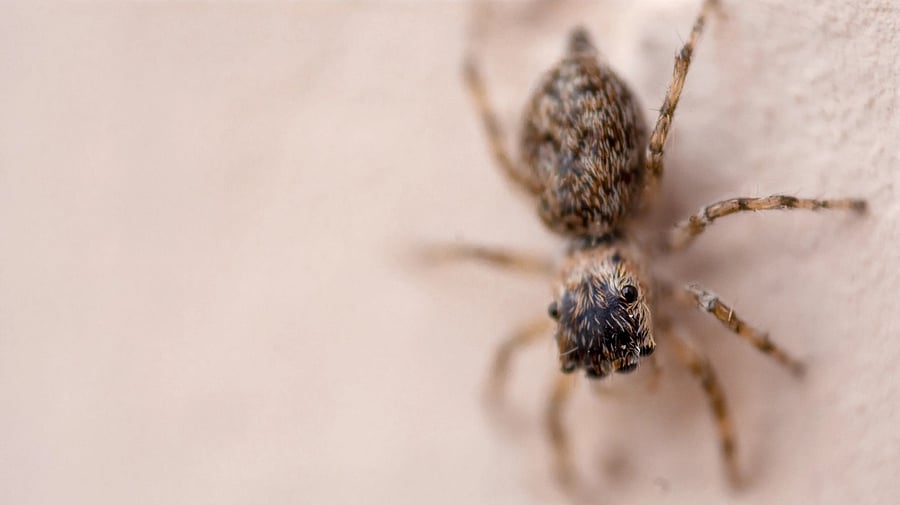
Representative image showing a spider on human skin.
Credit: iStock Photo
A cruise ship passenger, vacationing with his wife in Marseille, found himself in a fix when it appeared that a spider had laid eggs inside his toe, and one of them had hatched.
Colin Blake and his wife were in the city in southern France, during their 35th wedding anniversary cruise. However, their celebration took a nightmarish turn when Colin's toe suddenly swelled up and turned a concerning shade of purple.
Colin sought medical attention the next day on board the cruise ship. That is when the ship's doctor reportedly informed him that he had been bitten by a Peruvian wolf spider, which had also laid eggs inside his toe.
Wolf spiders, while not venomous, are occasionally found in the French port city of Marseille, often arriving on cargo ships.
Blake, a resident of Cramlington, Northumberland, recalled, "My wife initially thought it might be due to my new sandals causing friction on my big toe, leading to the redness", Sky News reported.
To address the issue, the doctor had to perform a procedure to open Colin's toe, reportedly resulting in the spider's eggs spilling out.
Once back from the holiday, Blake visited a hospital in the UK where he was given antibiotics. However, he reportedly made yet another unsettling discovery four weeks later - one of the spider eggs had hatched a small spider was trapped beneath his skin.
He recounted, "They believe the spider was trying to make its way out, essentially eating its way through my toe."
While Blake said he opted not to keep the deceased spider, when asked by medical professionals, an expert in the UK has refuted his narrative.
BBC reported Dr Sara Goodacre from the University of Nottingham say “I can't possibly see how it could be true at all because I know about their biology. [The egg sacs] take quite a while to spin. The spider venom is not necrotising, it is designed to paralyse a fruit fly.”
Casting further doubt on the tale, she said there are no reports that suggest spider eggs can survive in pus-infected wounds, and that no European wolf spider can ‘really’ penetrate human skin.
The British Arachnological Society has also termed the situation ‘implausible’.
